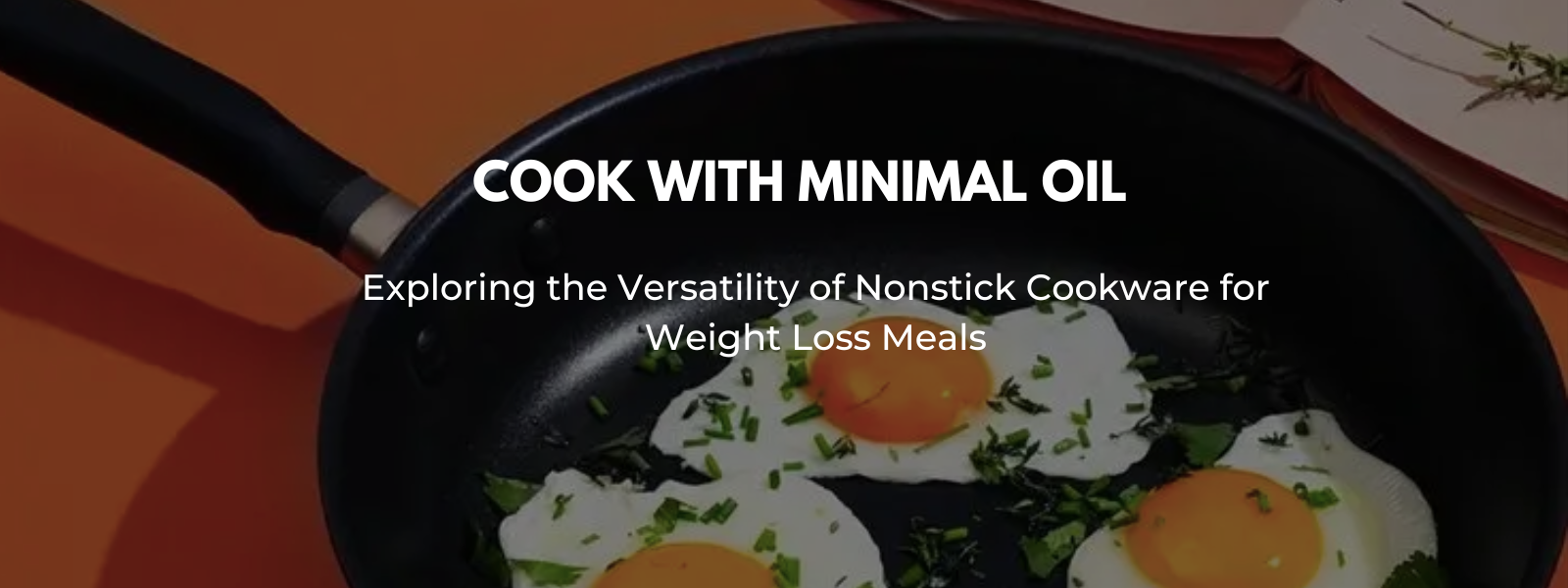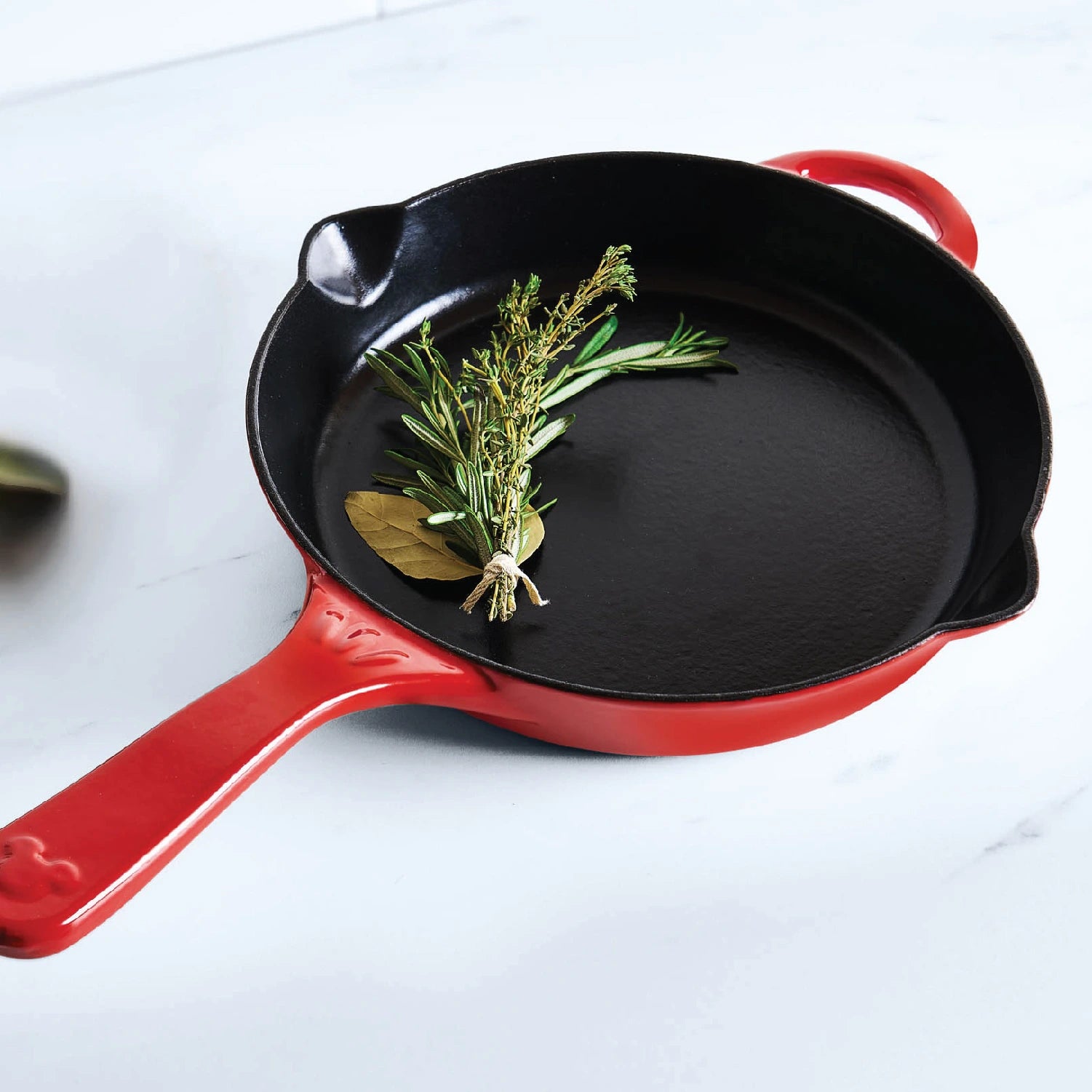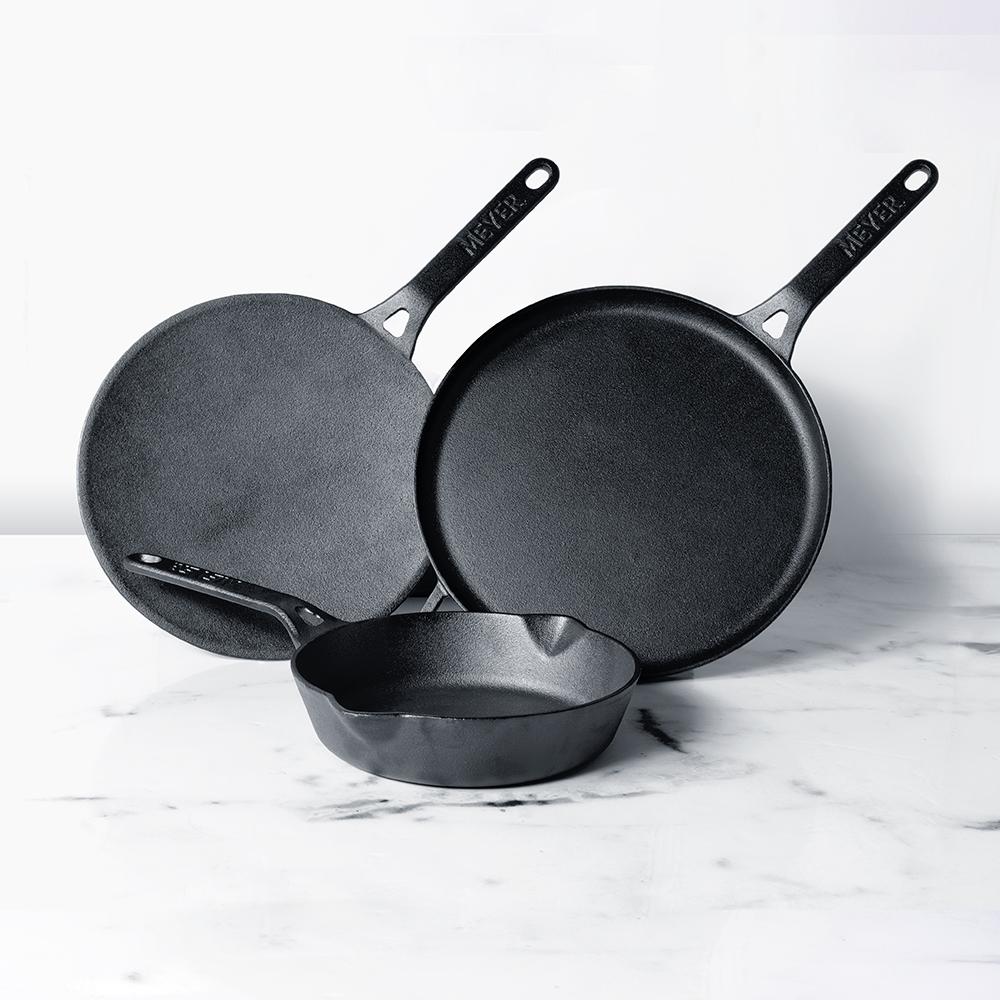The impact of low-oil cooking on heart health is significant, and insights from nonstick cookware shed light on its role in promoting cardiovascular well-being. By facilitating cooking with minimal oil or fats, nonstick cookware contributes to reducing the intake of saturated and trans fats, which are known contributors to heart disease. With its smooth surface requiring less oil for cooking, nonstick cookware encourages healthier cooking practices without sacrificing flavor or texture. This approach aligns with dietary recommendations for heart health, emphasizing the consumption of unsaturated fats found in sources like olive oil, nuts, and seeds. Furthermore, nonstick cookware enables individuals to prepare a variety of heart-healthy meals, including grilled vegetables, lean proteins, and whole grain dishes, which support overall cardiovascular health.
Table of Contents
Reduction of Saturated Fats
One of the key benefits of low-oil cooking with nonstick cookware is the reduction of saturated fats, which are known to contribute to heart disease. Nonstick pans and pots require minimal oil for cooking, allowing individuals to prepare meals with significantly lower levels of saturated fats compared to traditional cooking methods. By minimizing the intake of saturated fats, nonstick cookware supports heart health and reduces the risk of cardiovascular diseases.
Promotion of Healthy Cooking Practices
Low-oil cooking with nonstick cookware promotes healthy cooking practices by encouraging the use of minimal oil or fats in meal preparation. With its smooth surface and non-stick coating, nonstick cookware eliminates the need for excessive oil, allowing individuals to sauté, stir-fry, or roast ingredients with ease. This approach supports heart health by reducing the consumption of unhealthy fats while preserving the natural flavors and nutrients of foods.
Emphasis on Unsaturated Fats
Nonstick cookware emphasizes the use of unsaturated fats, such as olive oil, avocado oil, and nut oils, which are beneficial for heart health. While minimizing the use of saturated fats, nonstick cookware allows individuals to incorporate moderate amounts of unsaturated fats into their cooking, providing essential fatty acids and antioxidants that support cardiovascular well-being. By promoting the consumption of unsaturated fats, nonstick cookware contributes to a heart-healthy diet.
Versatility in Heart-Healthy Cooking
Nonstick cookware offers versatility in heart-healthy cooking, allowing individuals to prepare a wide range of nutritious meals with minimal oil. From grilled vegetables and lean proteins to whole grain dishes and plant-based meals, nonstick cookware enables individuals to explore diverse culinary options that support cardiovascular health. With its ability to retain flavors and textures without excessive oil, nonstick cookware makes it easier to incorporate heart-healthy ingredients into daily meals.
Management of Caloric Intake
Low-oil cooking with nonstick cookware supports the management of caloric intake, which is essential for maintaining a healthy weight and reducing the risk of heart disease. By using nonstick pans and pots, individuals can control the amount of oil used in cooking, resulting in meals that are lower in calories and saturated fats. This helps to prevent weight gain and obesity, both of which are risk factors for heart disease.
Encouragement of Lifelong Heart Health Habits
Incorporating low-oil cooking with nonstick cookware into daily meal preparation encourages the development of lifelong heart-healthy habits. By adopting healthier cooking practices and incorporating heart-healthy ingredients into meals, individuals can support their cardiovascular health in the long term. Nonstick cookware serves as a practical tool for promoting heart health through low-oil cooking practices, empowering individuals to make positive dietary choices for lifelong well-being.
Conclusion:
The impact of low-oil cooking on heart health, as demonstrated by insights from nonstick cookware, underscores the importance of adopting healthier cooking practices for cardiovascular well-being. By reducing the consumption of saturated fats, promoting the use of unsaturated fats, offering versatility in heart-healthy cooking, supporting the management of caloric intake, and encouraging the development of lifelong heart-healthy habits, nonstick cookware serves as a valuable tool for promoting heart health through dietary choices. Incorporating low-oil cooking with nonstick cookware into daily meal preparation offers a practical and effective strategy for supporting cardiovascular health and reducing the risk of heart disease.











Leave a comment